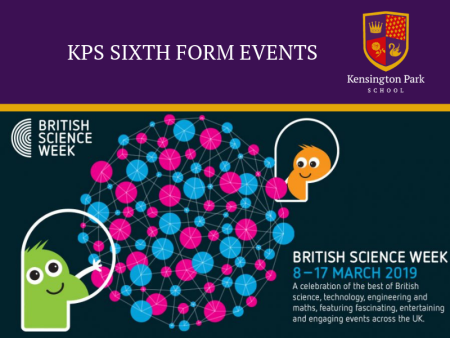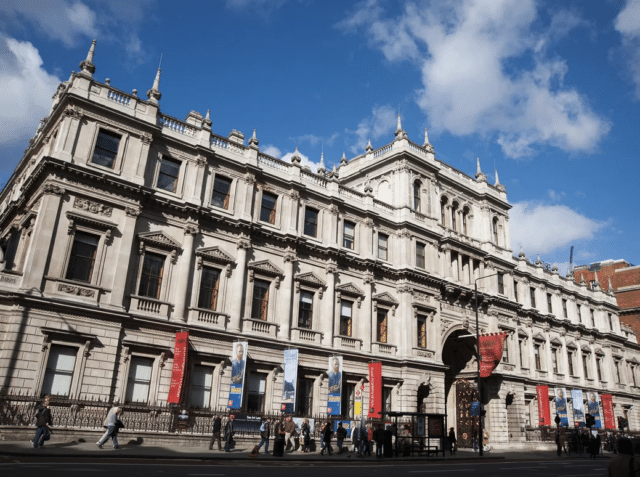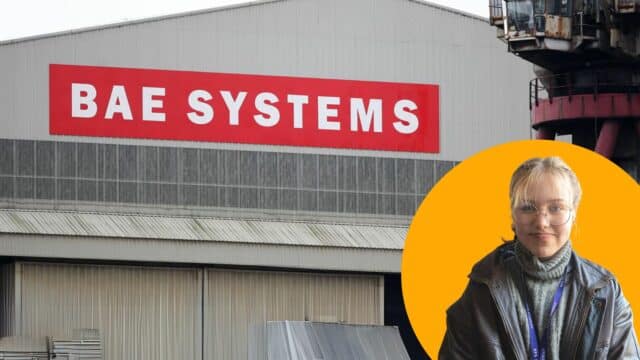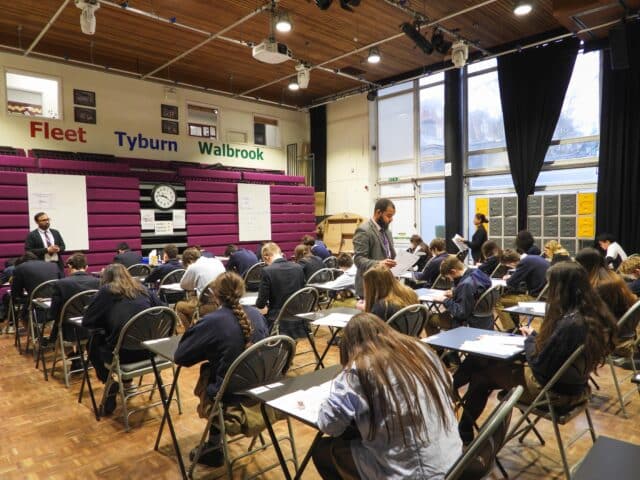Related articles
Report by Mr Wong, Sixth Form Science Co-ordinator
KPS 6th form celebrated our inaugural British Science Week from 11-15 March 2019. Every teacher was asked to spend at least one of their lower 6th lessons incorporating this year’s theme, “Journeys into Space”, in their lesson. There was an explosion of creative ideas that was enjoyed by both students and teachers alike.
In Business and Economics, students wrote a report to the Prime Minister and the Chancellor on the cost and benefits to the UK economy if money is to be diverted from the national budget.
Similarly, sociologists investigated the impact of such a diversion on society if money from the health, social welfare and education budget was diverted away for a space program.
Historians discussed the space race in the context of the Cold War and conducted research on Sigmund Jähn, the first German into space, to explain his significance to the German Democratic Republic.
In biology, students suggested how the circulatory systems of Martians might be adapted to the atmosphere if there was indeed life on Mars.
Chemists looked at how mass spectrometry might be useful in detecting the presence of various elements and compounds that might suggest the presence of life.
In physics, a student led (Nastassia Raffy) lecture was given on what practical considerations must be taken into account when attempting to colonize Mars, e.g. landing a space module with humans gently on a planet with 62.5% less gravitational pull than the Earth.
Psychologists analyzed the impact of space travel on the psychological health of astronauts and its effects on the circadian rhythm.
Students of Italian, conducted research into the life of the Italian astronaut, Samantha Cristoforetti who holds the record for the longest uninterrupted spaceflight by a European astronaut with the aim of writing Samantha’s biography in Italian.
Mathematicians looked at the calculations that were needed to work out the escape velocity needed to send the Saturn V rocket, which was used for all of the Apollo lunar missions, into orbit.
In English, the class studied Moon Landing, W.H, Auden’s skeptical response to the Apollo 11 mission and its status as a mediated event.
Having discussed the political and symbolic resonances of the space race, the class seemed inclined to agree with Auden’s haughty dismissal of images whose potential grandeur had been cheapened by their use as propaganda: “Worth going to see? I can well believe it. Worth seeing? Mneh!”
Students in Academic English listened to excerpts from Space Oddity, Life on Mars and Rocket Man. They then discussed if given the chance, would they travel into space. After that, an IELTS written test, based on the search for Extra-terrestrial Intelligence was done and finally, the students spoke for 2 minutes on a topic they chose that was linked to ‘space’, which included a talk about the possibility of a parallel universe and Valentina Tereshkova, the first woman in space.
Finally in Art, students created stunning space themed works that were displayed in the reception and enjoyed by many staff, students and visitors.
We look forward to an even more fun-filled Science week next year! Many thanks to all staff for their efforts and ideas!






